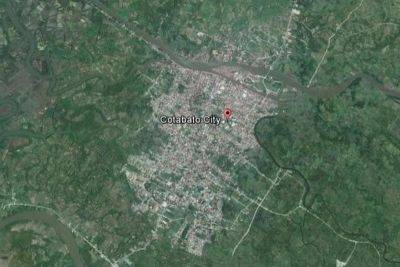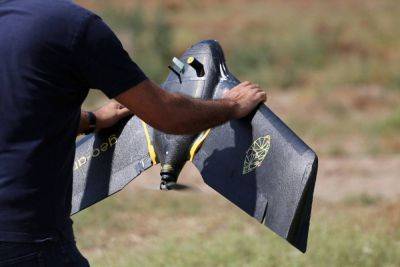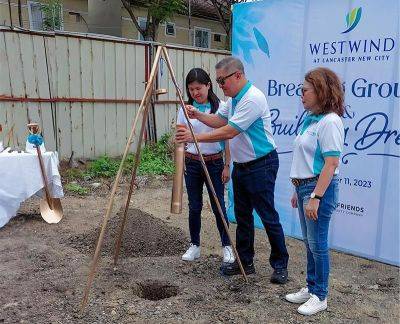Scientists probe climate change's role in new pest infestation in PH rice fields
NUEVA ECIJA, Philippines — Farmer Rowel Delos Santos, 42, from Enrile, Cagayan almost cried out in despair as his seven-hectare rice field was devoured overnight by a pest he had never encountered before.
"I feel like crying out of frustration because I left my job in another country to become a farmer and to stay for good in the Philippines. It's sad that all the hard work we’ve invested in planting was wasted overnight," Delos Santos said in Filipino as he recalled the incident in 2021.
Delos Santos admitted that he was caught off guard. The only rice pests he was familiar with were stem borer, rice bug, and false smut. Worms could also be seen, but only one at a time.
To get rid of the swarming pest, Delos Santos immediately irrigated the field and applied insecticides on areas that had not received water yet. He was left frightened as the insecticides could not kill all pests until all seven hectares of his land was left barren.
The new pest identified was fall armyworm (FAW), commonly found in the southeastern United States.
Farmers, researchers, and government officials are now racing to know more about the invasive worm, as the El Niño phenomenon and the overall warmer climate provide favorable conditions to increase its spread.
Fall armyworm (Spodoptera frugiperda) is a different species from armyworm and cutworm that are commonly found on other crops. It has a distinct four black dots arranged in a square at the last segment of its abdomen and an inverted “Y” on the head.
FAW has already been observed in 14 municipalities in Cagayan Valley. Damage on rice due to FAW was also reported in Nueva Ecija, according to a 2023 study by the Philippine Rice Research Institute (PhilRice), Department of Agriculture-Regional Crop Protection Center (DA-RCPC) 2, and Centre for Agriculture and BioSciences International – South East Asia (CABI-SEA).
According to Evelyn Valdez, a researcher from the Crop Protection Division of PhilRice, scientists are looking at climate change as one of the drivers of the migration of fall armyworm to the Philippines.
"[FAW] may die due to weather extremities (e.g. too high or too low temperature), so most likely, they will migrate to







